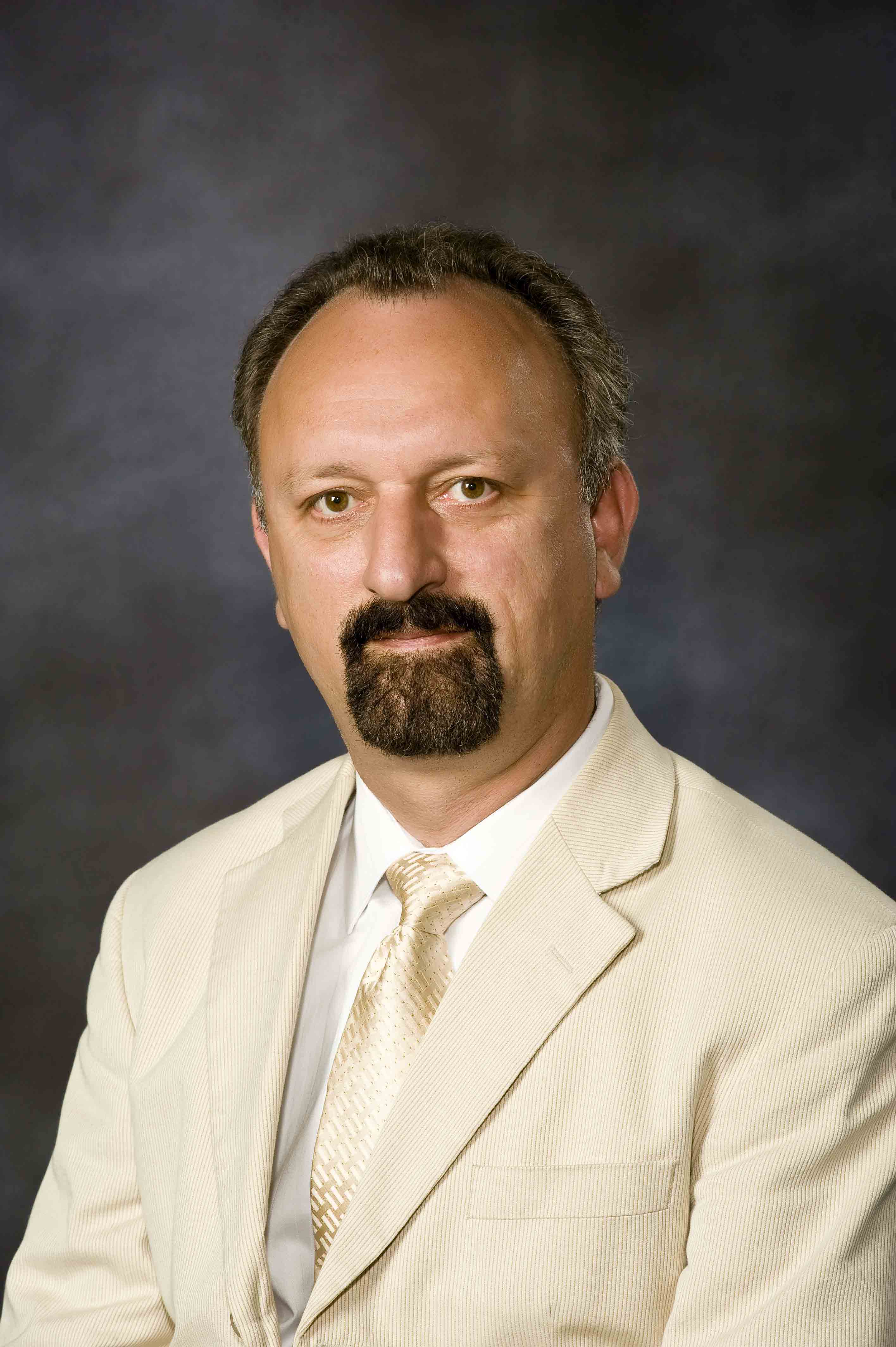Latest News
Research
Massey researchers develop the first cancer health literacy tool
Oct 27, 2014

Virginia Commonwealth University (VCU) Massey Cancer Center researchers have developed the first and only tool that can accurately measure cancer health literacy (CHL) and quickly identify patients with limited CHL. This tool has the potential to improve communication and understanding between physicians and patients, which, in turn, could lead to better clinical outcomes.
Recently published in the Journal of Health Communications, the Cancer Health Literacy Study was conducted over four years and involved 1,306 African-American and Caucasian patients from Massey and surrounding oncology clinics. The researchers developed an evaluation tool called the Cancer Health Literacy Test (CHLT)-30 to measure cancer health literacy along a continuum. The test, which was administered to the patients via a touch-screen device, asked 30 questions about cancer treatment, medication side effects and more. Six of the 30 questions (CHLT-6) were specifically designed to quickly identify individuals with limited CHL. Together, the tests were found to accurately measure CHL and quickly identify patients with limited CHL. This study reported that 18 percent of cancer patients have limited CHL, with an overrepresentation of African-American, undereducated and low-income patients.
“Using this tool, it takes just 1-2 minutes in the doctor’s office waiting room to identify patients with limited CHL. Then this information can be digitally communicated to the doctors prior to seeing the patients, so that they are prepared to talk with the patients in terms they can understand,” said Levent Dumenci, Ph.D., the study’s lead researcher, member of the Cancer Prevention and Control research program at Massey and professor in the Department of Social and Behavioral Health at the VCU School of Medicine. “
“This simple change could lead to big improvements in health outcomes.”
 Measuring a patient's cancer health literacy before their doctor's appointment can improve communication and understanding, which could lead to better clinical outcomes.
Measuring a patient's cancer health literacy before their doctor's appointment can improve communication and understanding, which could lead to better clinical outcomes.
Health literacy is the degree to which individuals have the capacity to obtain, process and understand basic health information and services needed to make appropriate health decisions. “Before now, there were only instruments that measured a particular aspect of general health literacy. It is important to have a tool that is specific to cancer because of the complex treatment options that cancer patients face, along with the increased demand for self-care,” says Dumenci.
The demand for increased self-care was emphasized in the Affordable Care Act, where federal and state policymakers embraced patient engagement as a key strategy in addressing health care costs and improving quality of care. Patients are expected to play an active role in their health care by successfully adhering to medication regimens; distinguishing between scientifically credible medical evidence and misconceptions or myths; and effectively communicating with their providers on treatment decisions, risks and survival rates. Patients with limited cancer health literacy can struggle with these responsibilities and potentially jeopardize their health outcomes by making uninformed decisions, mishandling medications and more.
In further studies, the researchers hope to evaluate the CHL of Hispanic patients because prior research has indicated disparities in that population’s health literacy. To do so, the CHL test will need to be translated into Spanish in order to remove the language barrier.
Dumenci collaborated on this research with Robin K. Matsuyama, Ph.D., member of the Cancer Prevention and Control research program at Massey and associate professor for the VCU Department of Social and Behavioral Health; Daniel L. Riddle, P.T., Ph.D., F.A.P.T.A., assistant chair and department coordinator for the Department of Physical Therapy at the VCU College of Health Professions; Laura Cartwright, M.P.H., Ph.D., student in the VCU Department of Social and Behavioral Health; Robert A. Perera, Ph.D., assistant professor in the VCU Department of Biostatistics; Harold Chung, M.D., medical hematologist-oncologist and bone marrow transplant specialist at Massey and professor in the Division of Hematology, Oncology and Palliative Care; and Laura A. Siminoff, Ph.D., dean at the College of Health Professions and Social Work and professor for the Department of Public Health at Temple University.
This research was supported by National Institutes of Health (NIH)-National Cancer Institute (NCI) Grant R01 CA140151 and, in part, by VCU Massey Cancer Center’s NCI Cancer Center Support Grant P30 CA 016059.
The full manuscript of this study is available online at: http://www.tandfonline.com/doi/abs/10.1080/10810730.2014.943377?url_ver=Z39.88-2003&rfr_id=ori:rid:crossref.org&rfr_dat=cr_pub%3dpubmed&
Written by: John Wallace
Related News
Research
Class of 2025: Holly Byers blends compassion for patients with scientific discoveryMay 9, 2025
Research
Massey showcases research, collaboration and mentorship at American Association for Cancer Research annual meetingApr 30, 2025

Get access to new, innovative care
Treatments in clinical trials may be more effective or have fewer side effects than the treatments that are currently available. With more than 200 studies for multiple types of cancers and cancer prevention, Massey supports a wide array of clinical trials.

Find a provider
Massey supports hundreds of top cancer specialists serving the needs of our patients. Massey’s medical team provides a wealth of expertise in cancer diagnosis, treatment, prevention and symptom management.
